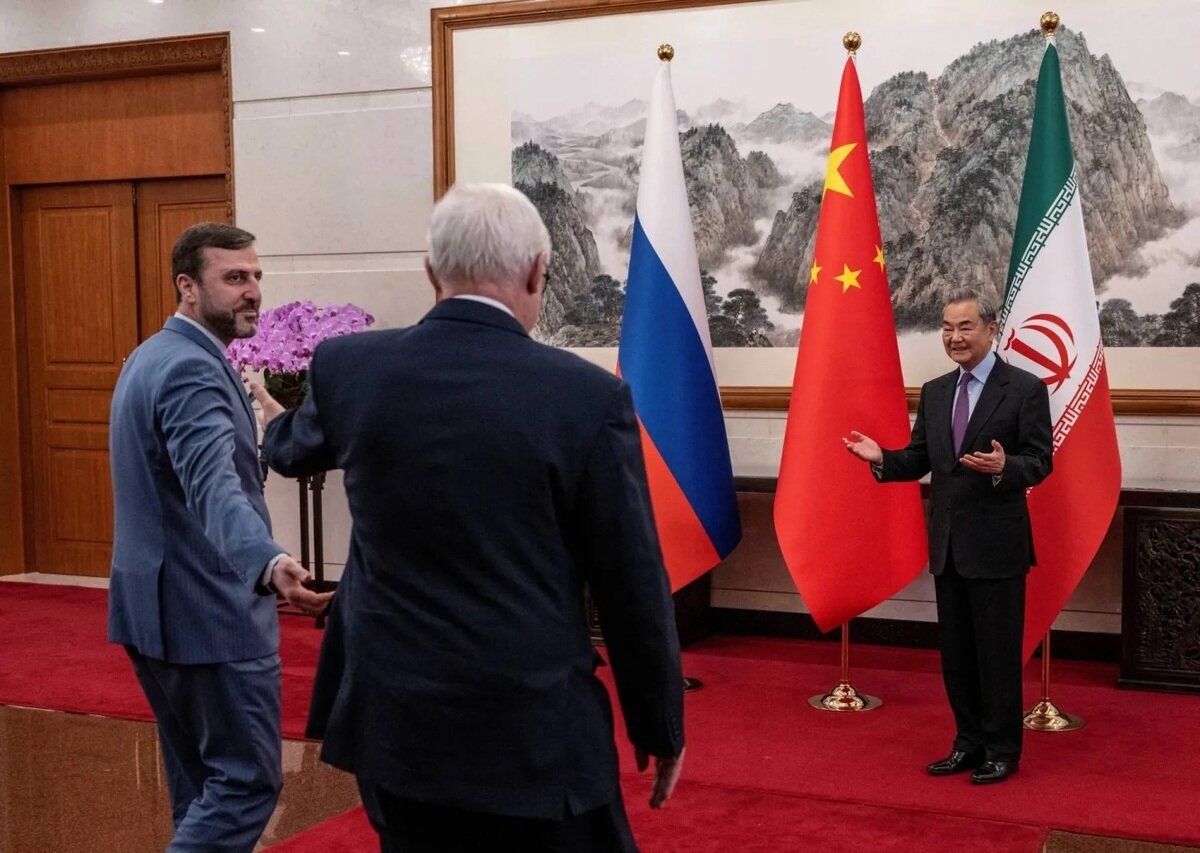Iran calls Tehran-Moscow-Beijing nuclear talks ‘productive’

TEHRAN —Iran’s Deputy Foreign Minister for Legal and International Affairs has announced that the senior experts from Iran, Russia, and China convened in Moscow on Tuesday for a productive round of technical and expert-level discussions focused on the future of nuclear negotiations, sanctions relief, and the implementation of UN Security Council Resolution 2231.
Kazem Gharibabadi made the remarks via his official X account, noting that the session followed recent agreements made between deputy foreign ministers during talks in Beijing.
According to Gharibabadi, the three sides exchanged views and proposals concerning the path forward, reaffirming their commitment to maintaining close trilateral coordination on the matter.
“Iran remains firmly committed to diplomacy and will continue consultations with all relevant parties,” he emphasized.
The meeting followed a March 14 session in Beijing, during which the three nations reportedly agreed to end unilateral sanctions, support peaceful nuclear development, and favor dialogue over intervention.
This consensus also reaffirmed Tehran’s right to pursue peaceful nuclear energy as recognized under the Nuclear Non-Proliferation Treaty (NPT).
This meeting comes amid ongoing tensions stemming from the 2018 U.S. withdrawal from the Joint Comprehensive Plan of Action (JCPOA). Under the deal, Iran had agreed to limit its nuclear activities, allow for increased inspections, and reduce sanctions. While Iran fully adhered to its commitments, the U.S. unilaterally pulled out of the agreement, and European nations failed to uphold their part of the deal, prompting Iran to scale back its own commitments in response.
Despite stalled JCPOA revival talks due to Western hesitation and excessive demands, Iran has continued diplomatic efforts, including recent discussions with the International Atomic Energy Agency (IAEA) and negotiations with the European Troika in Geneva, signaling Tehran’s preference for diplomacy.
The issue of the “snapback” sanctions mechanism, which allows for the reinstatement of pre-JCPOA sanctions, has also been a source of contention. During his first-term of presidency, Donald Trump pushed European allies to activate snapback sanctions.
Further complicating matters, on April 6, Trump threatened Iran with military action and secondary tariffs if Tehran did not come to an agreement with Washington over its nuclear program. However, on April 7, Trump made a surprise announcement stating that his administration would initiate talks with Iran.
In response, Iranian Deputy Foreign Minister Abbas Araghchi confirmed that indirect negotiations between Iran and the U.S. would take place in Oman on April 12. U.S. Middle East envoy Steve Witkoff will represent Washington, while Araghchi will represent Iran.
Leave a Comment